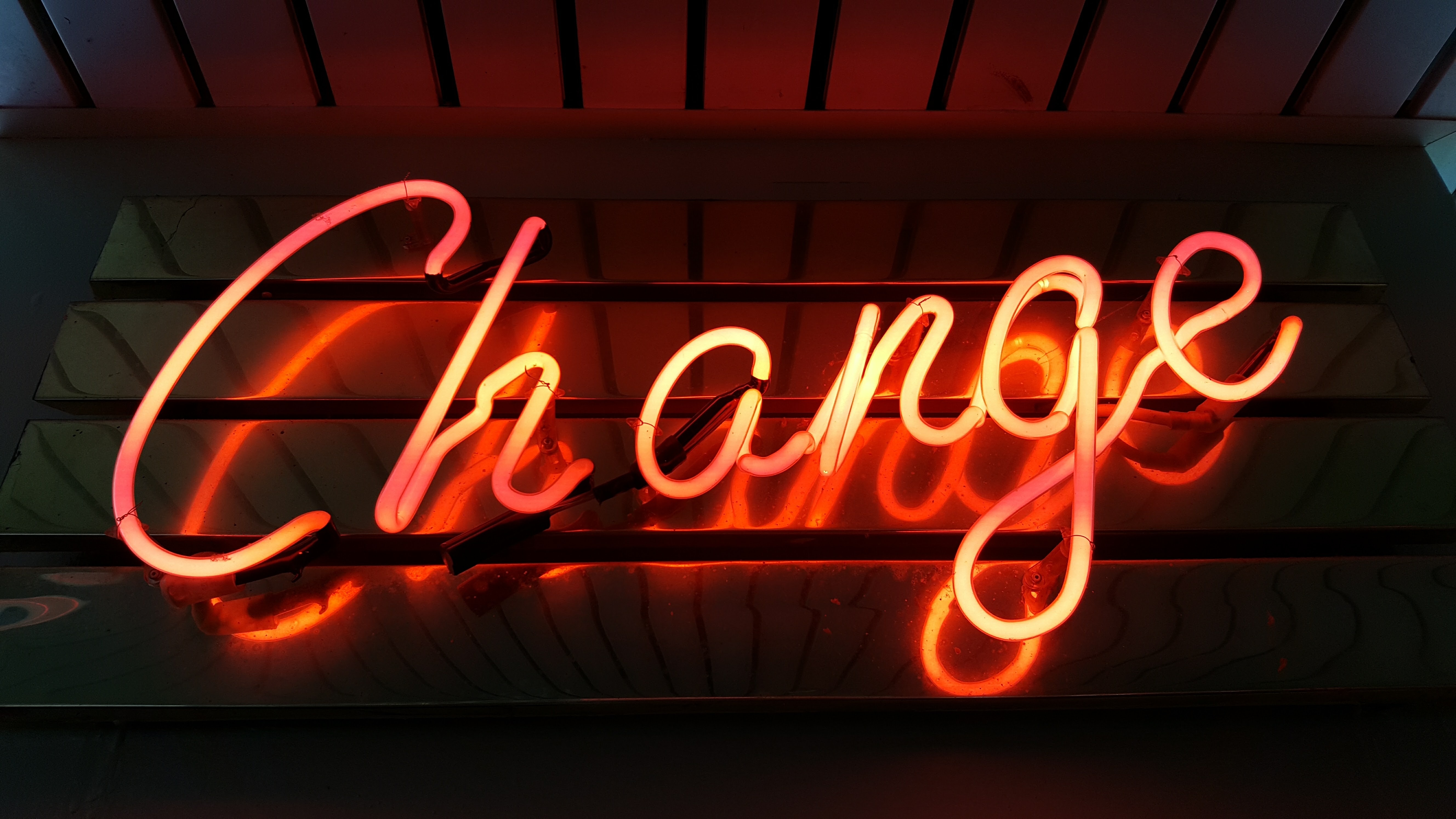Countless linguists, anthropologists, archaeologists, and philosophers have attempted to crack what has proven to be one of the greatest enigmas in science for centuries to no avail, the lack of empirical evidence being the huge obstacle that repeatedly scuttles our quest.
Regardless of when it became this tool that has contributed so much to the survival of humanity, it’s very likely that one of the earlier descriptions to arise was the one of a male and female gender. After all, the distinction between biological genders is something that (as far as we know) has been with us humans from the get go, and back when we lived in caves and hunted our food, it would have been a bit complicated if we couldn’t tell which type of human was the one who popped out the babies. It was merely a question of survival.
Fast forward a few millennia and we find ourselves in a far more complex situation. We have languages like Spanish or French that use the two aforementioned male and female genders, and languages like German or Icelandic that also use a third neutral gender. Then we have languages like English that use none at all, or Ganda that uses, wait for it, ten genders, characterized as people, long objects, animals, miscellaneous objects, large objects and liquids, small objects, languages, pejoratives, infinitives, and mass nouns.
I mean, long objects? Come on!
But what is the point of all these genders if a language ends up discriminating against all of them and only favoring one?
The shaping of each language and how it uses its genders is unquestionably linked to the structures of the society that speaks it, and theoretically, if a society lacks gender equality, its language is also likely to evolve in a way that represents this. These issues were first raised during the second half of the 20th Century by the second wave of feminism that challenged what was perceived as a male bias within the languages of the western world. And boy, how right they were.
One of the most used examples to represent how English, even as a genderless language, has evolved in a male centric way comes straight from the the U.S. Declaration of Independence and its statement that “all men are created equal”. While it probably went largely unnoticed back then, nowadays it’s hard to see why on earth would they not use “all people are created equal” unless women were considered second class citizens by default, which turns out to be rather ironic given the apparent intention of the actual statement.

The American Revolutionary War might seem like the distant past, but unfortunately, these biases have been present until very recently. A more contemporary example comes from the science fiction space opera Star Trek, and its famous motto that reads “to boldly go where no man has gone before”. Although there were plenty of girls running the ship and keeping those warp drives up to snuff, the motto seemed to imply that the only ones doing the real jobs were the boys. A rather sad version of a utopian future indeed.
Oddly enough, this would ultimately prove to be one of the early examples in which we finally see the effects of the feminist movement and a push for a more equal society in a mass media product. The Star Trek revival of the late 1980’s changed its motto to “where no one has gone before”, acknowledging the need for a more gender neutral and inclusive term within a changing society.
This small change demonstrates that it’s very easy to use language (at least English) in a way that doesn’t dismiss over 50% of the population right off the bat, if there is the will to do so.
But alas, old habits die hard, and as we stated at the beginning of the article, nobody knows for how long all this has really been going on, and how deep the rabbit hole runs. Languages are like mountains. They change slowly over time, and it sometimes feels like they can’t keep up with a rapidly evolving world. Breaking down what could easily amount to centuries, or even millennia of gender biases in language isn’t going to happen overnight, but it’s long overdue, and while the feminist movements are leading the fight, the rest of us must stand beside them.





